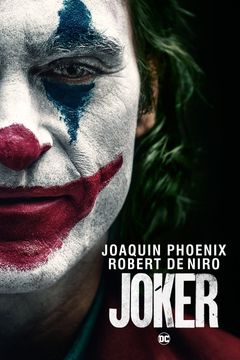Joker
Joker isn’t really the story of a good man gone bad; clown for hire Arthur Fleck (Joaquin Phoenix) is troubled from the outset. He’s barely scraping by, living with his mother (Frances Conroy), and coming undone due to cuts in social services. Sure, Phillips overdoes it with long, panning explorations of Fleck’s bruised, skinny ribs, but then again, men with insecurities about being skinny are presumably the film’s target audience. The first half hour unfolds like a dog-whistle symphony for insecure guys who think they have it bad. Fleck berates his black social worker (Sharon Washington) for not listening to him when she’s obviously doing her best. He fixates on a black single mother (Zazie Beetz) after the briefest sign of camaraderie. Yet there are a series of trap doors throughout Joker that unexpectedly drop its audience into new perspectives. Early on, an obvious foreshadow shifts Fleck onto a new path, and as that plotline plays out, Joker offers some surprisingly rewarding reflections on the relationship between the villain and Batman. (Oh yeah! This is a Batman movie, remember?) Both men, Joker suggests, might be equally deranged, making sweeping moves against the world without regard for those who become collateral damage for their respective manias.
by Suzette Smith

